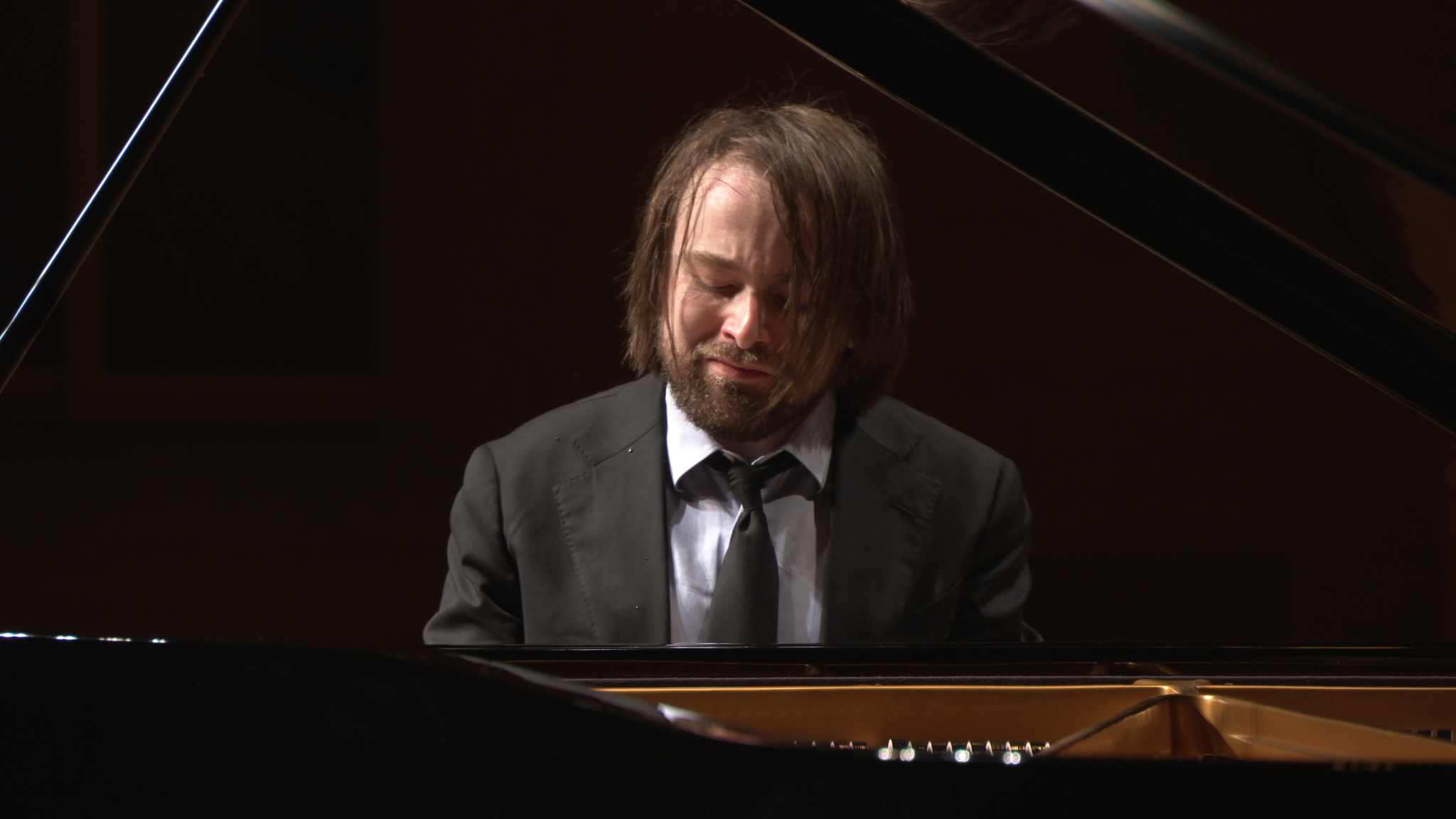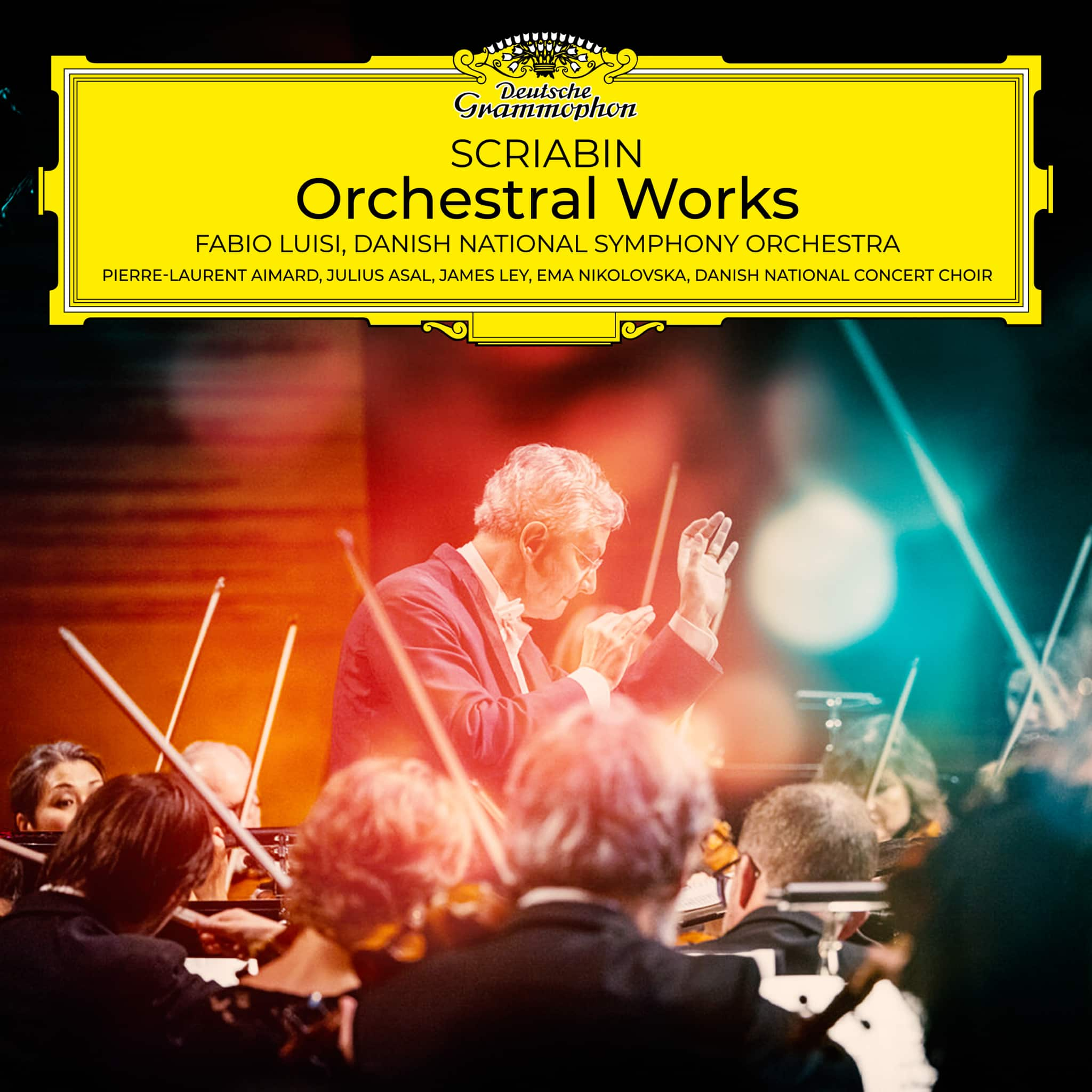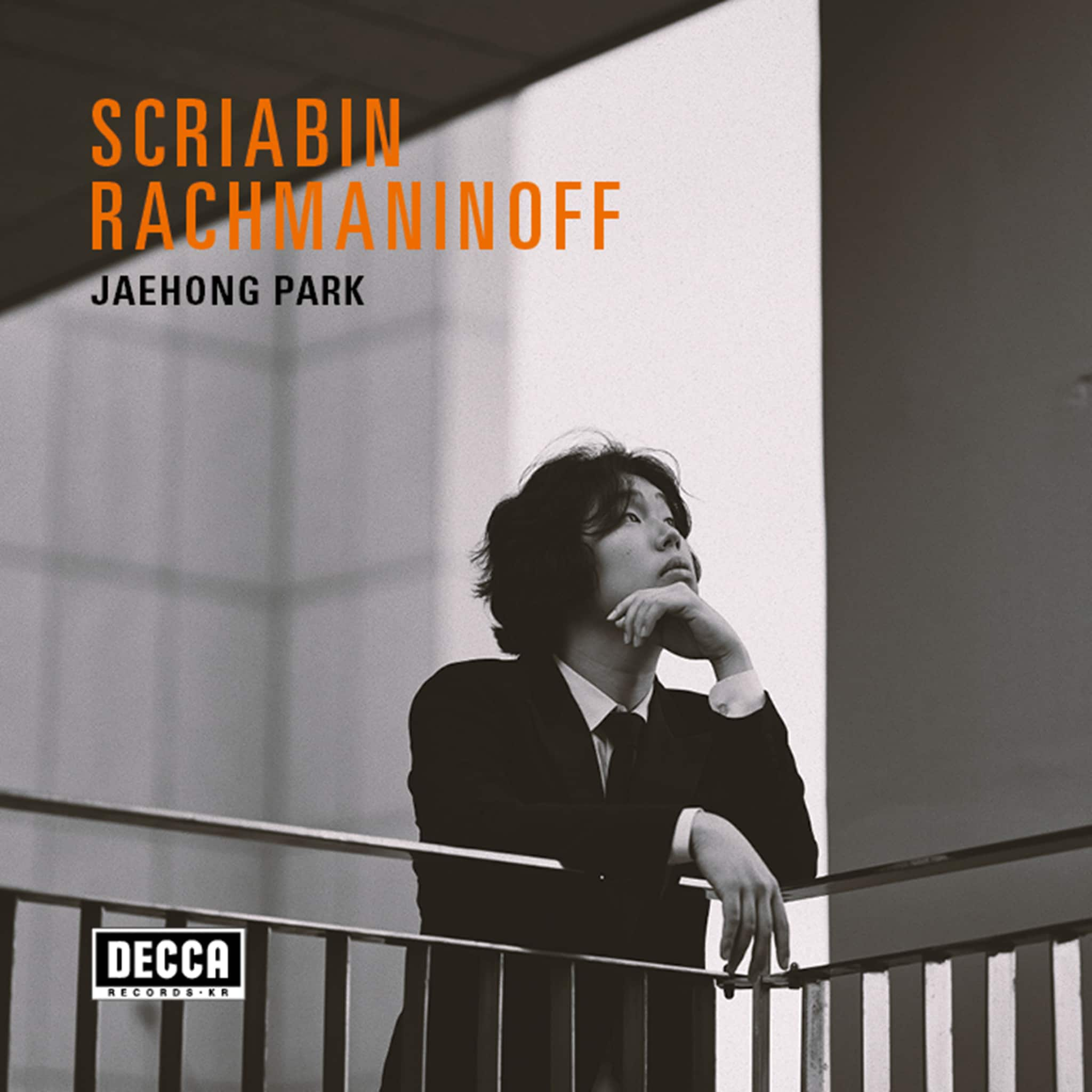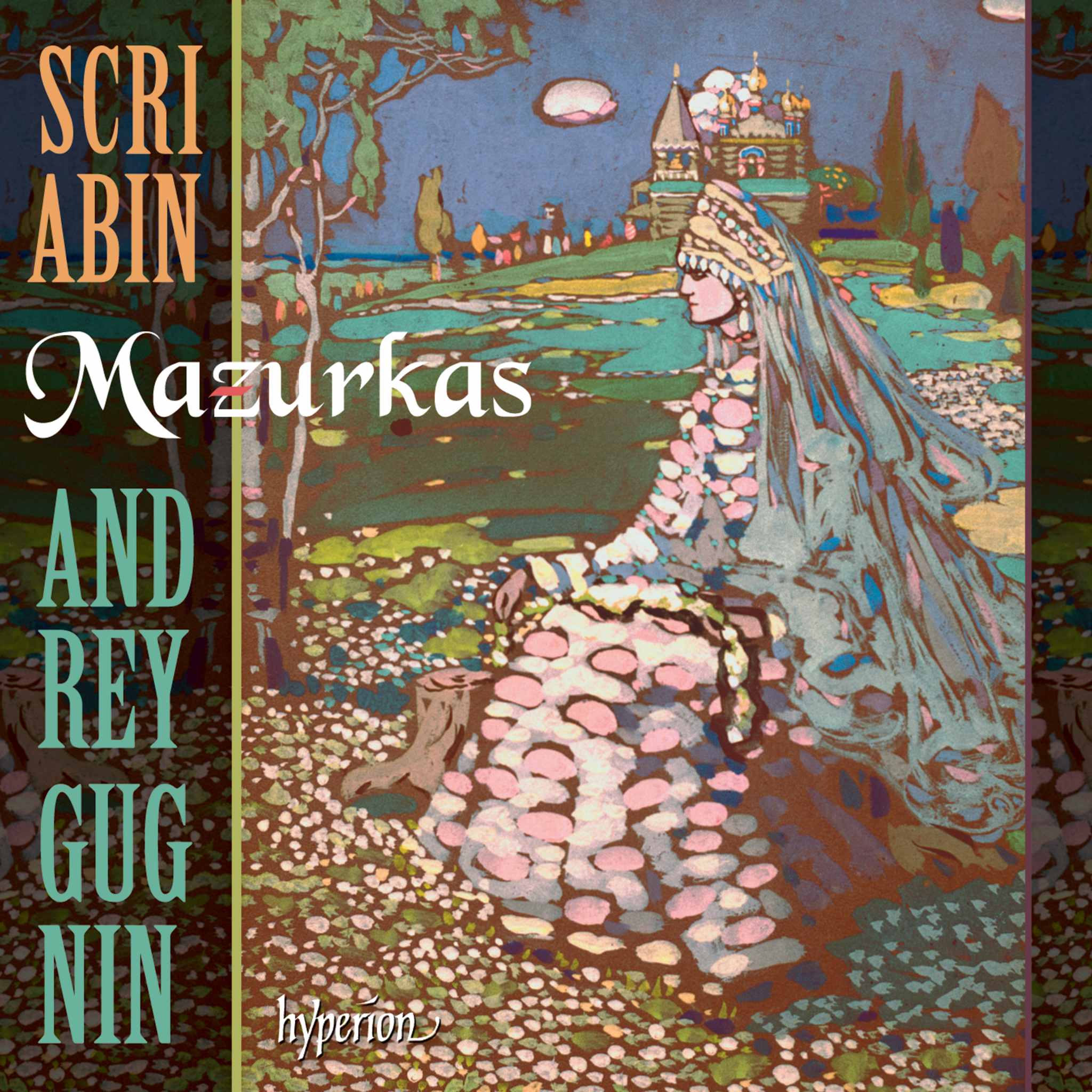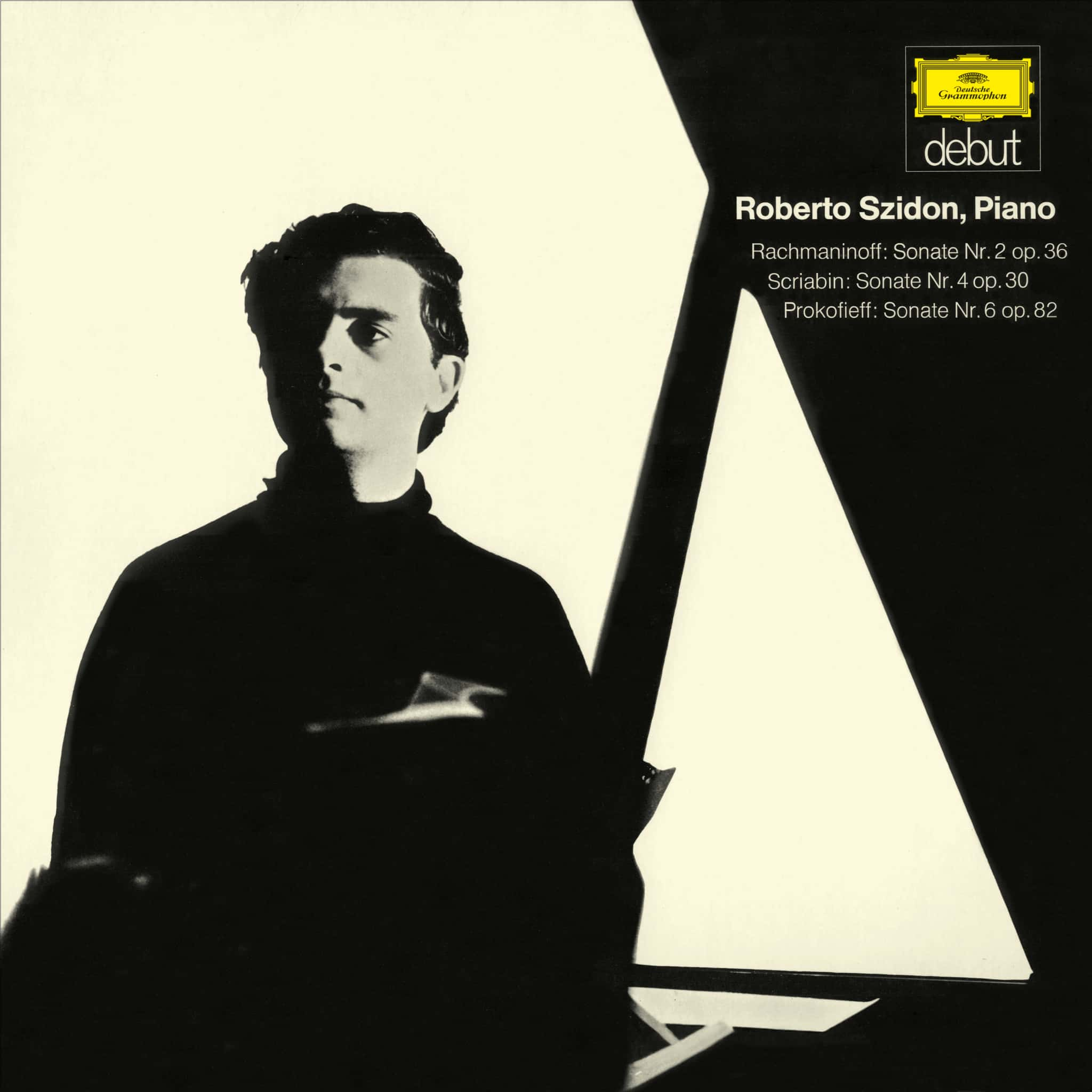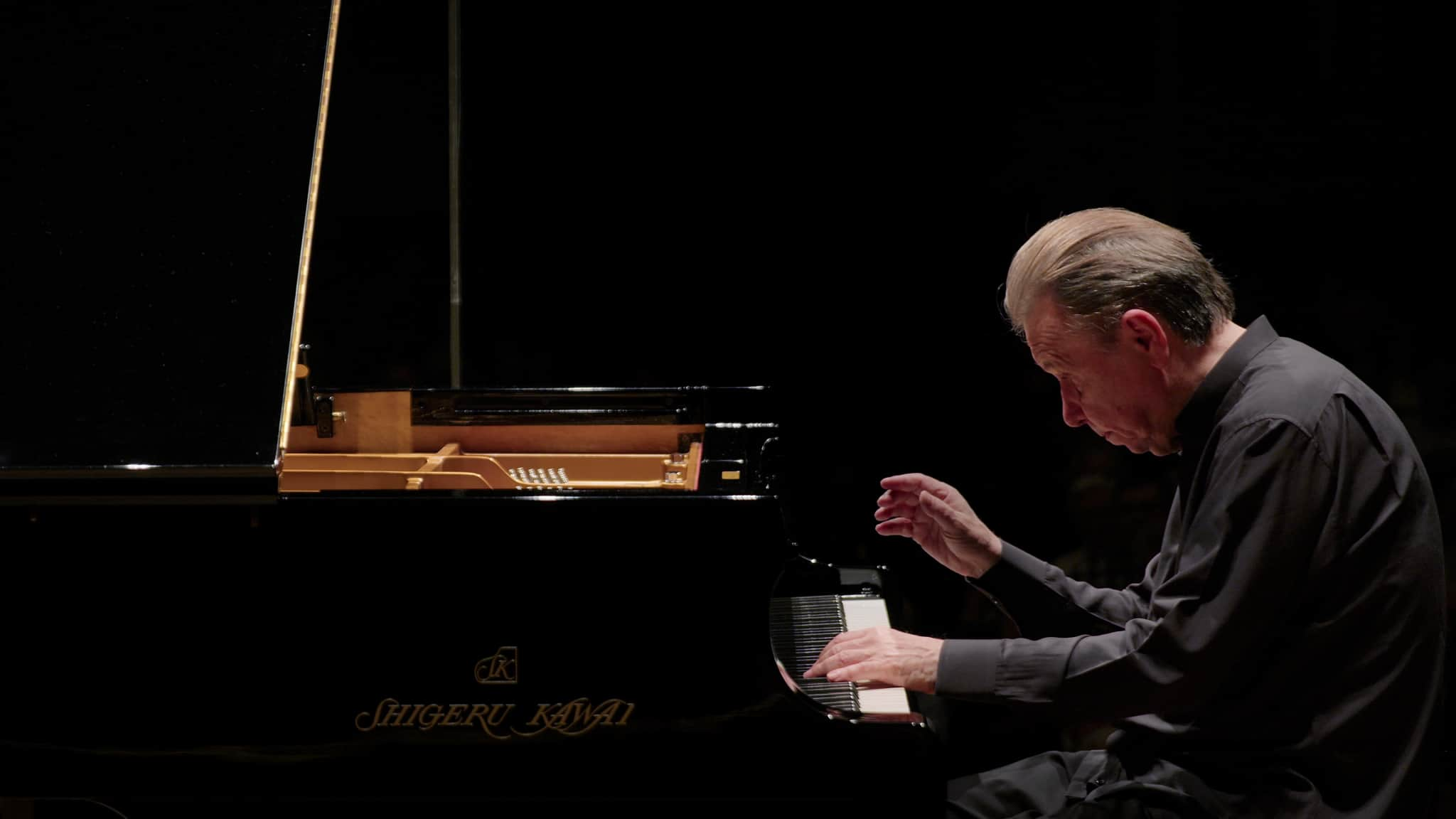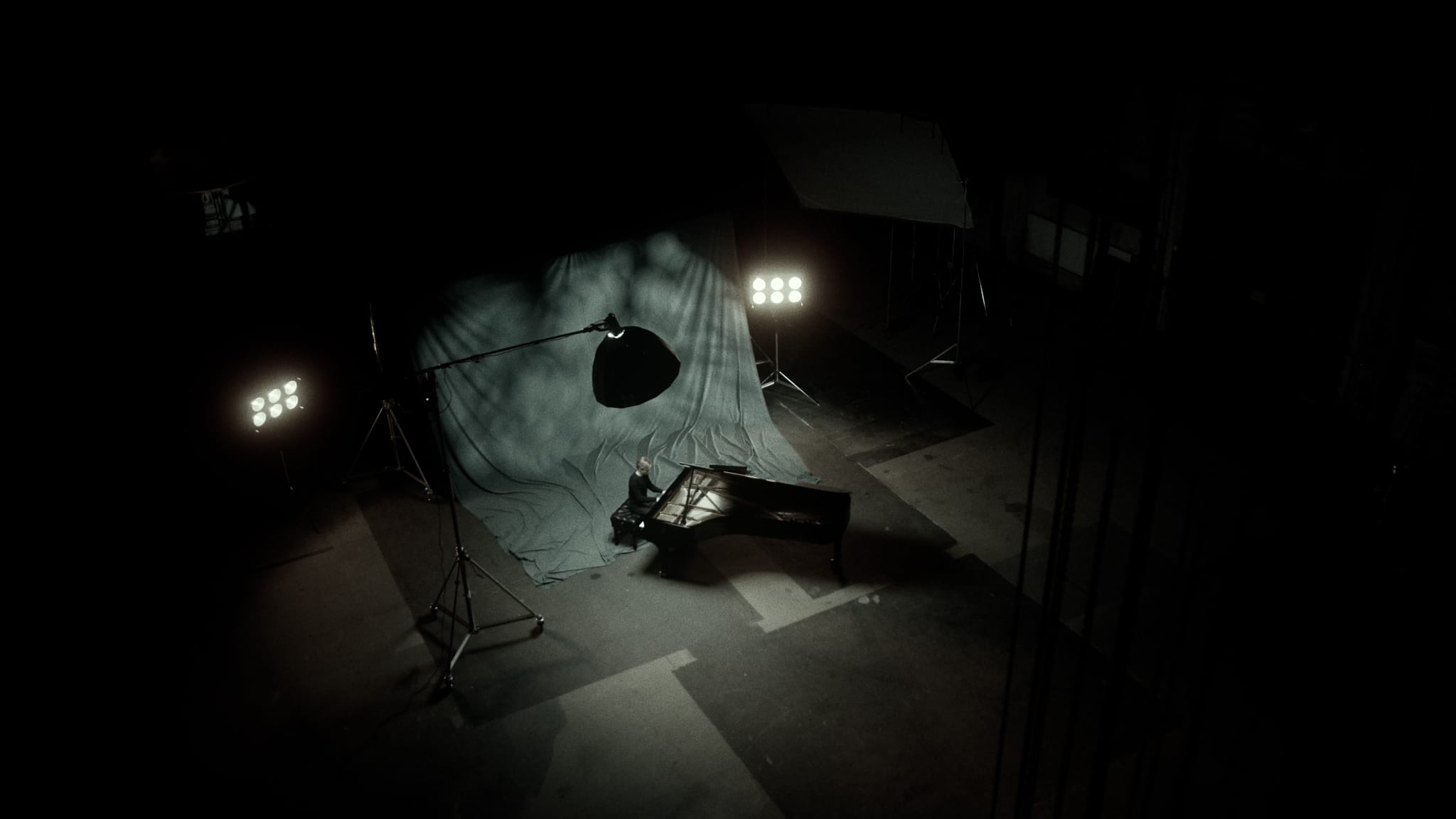The Fascinating Works and Legacy of Alexander Scriabin
Venture with us into the magical soundscape of Alexander Scriabin, a Russian composer and pianist celebrated for his unique musical language. Born in Moscow, Scriabin initially established himself as a virtuoso pianist. Excelling in creating highly imaginative piano miniatures, Scriabin's talent soon caught the attention of music publisher Mitrofan Belaieff, propelling his works into the limelight.
A Musician Ahead of His Time
As one of the main figures of the Russian Silver Age, Scriabin’s compositions became known for their imaginative piano miniatures—such as Etudes, Preludes, and Mazurkas—and for larger works like the Piano Concerto and his series of symphonies, evocative reflections of his escalating creativity. These works culminate in the monumental Third Symphony, The Divine Poem.
His music increasingly embraced mystical ideas and the occult, reflecting the intellectual and artistic spirit of the time. He crafted visionary sonatas and single-movement symphonies that have become enduring symbols of late Russian romanticism teetering into modernism.
Scriabin's Visionary Music
Scriabin’s later output is especially celebrated for its inventive harmonies and synesthetic vision, where he associated musical keys with colors and sought to create immersive, multisensory experiences for audiences. Among his most monumental works are the single-movement symphonies The Poem of Ecstasy and Prometheus: The Poem of Fire, as well as the cycle of ten visionary Piano Sonatas, which remain among the most challenging and original achievements in Russian music.
His final, unfinished project, Mysterium, envisioned an apocalyptic, all-encompassing performance of music, light, scent, and movement—an idea well ahead of its time and still regarded as visionary, if not fully realizable. His death at age 43 left Mysterium incomplete, but his influence on modernism and the musical world remains undeniable.

